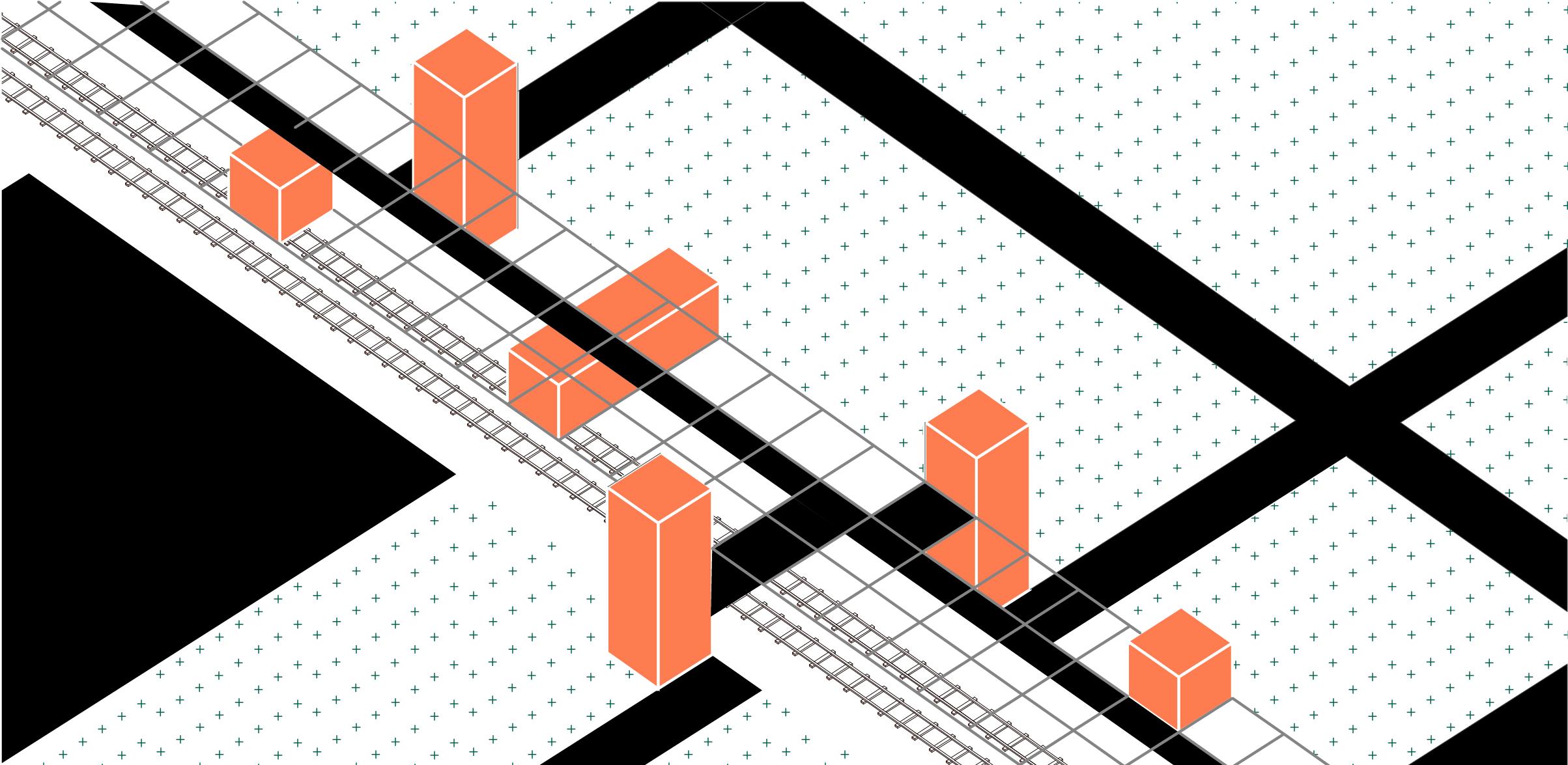
1 minute read
Site Identity
from SPATIAL PALINSESTO
A fundamental role is played by the stations, which today become real gates of the contemporary city. Over the years, however, many of these have not been exempt, like the rest of the city, from processes of transformation that have coincided in some cases with their dismantling, their change of use, if not their complete demolition. The presence of history of these places, is still hidden.
These stations are often referred to ghost stations, and some have vanished without traces, while others are almost intact, like if they remained in a time capsule. The problem is that many of these, although they are still in good condition, are not used and they have lost their identity. People often pass by without knowing what they were before or even worse, they are not invisible to pedestrians. The transformation of the urban fabric has involved also the railway stations and lines, modifying some sections, diverting or closing some stops, some of these, thanks to a revitalization process, have changed their use, some have been modernized, while others have been totally abandoned.
Advertisement
Mapping the fragments of the infrastructures, which have been lost over time, the strategy intends to draw a new link between them, which conceptually corresponds to the reuse of these paths for new purposes. To complete the process, several layers were added, which integrates the pedestrian flow and the public transportation system, investigating bus stops and pedestrian paths. The final strategy aims at the harmonious interaction of the history of the city with those who live in it.
Ill. 13 Abstract idea behind the project








